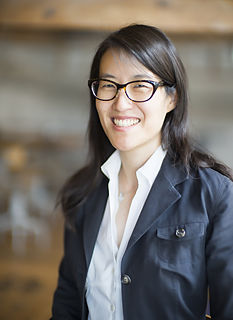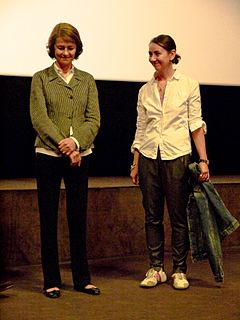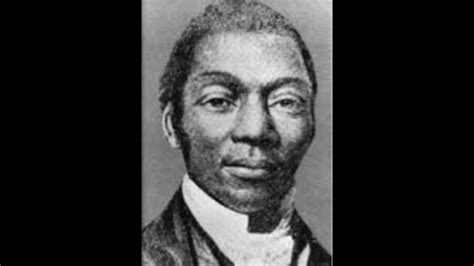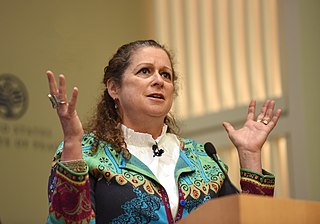A Quote by Tyler Cowen
To get a person's real opinion, ask what she thinks everyone else believes... If people truly hold a particular belief, they are more likely to think that others agree or have had similar experiences. [People] tend to assume that other people have had life histories at least somewhat similar to their own. When we talk about other people, we are often talking about ourselves, whether we know it ourselves.
Related Quotes
You can now share your story anonymously much more easily than you could earlier and you can watch people have conversations about it. And when people come out and say negative things about you, there will be other people who have had similar experiences or who know people who have had similar experiences who will defend you.
I was never pop-music taken seriously when I was taught. But some people who agree with you will like your music, and some who don't agree with you will like your music. I think that if you can approach things in a universal fashion and speak rationally about things, then most people do have similar intrinsic values. They don't - or at least they feel that they shouldn't - want other people to suffer. They want a good life for them and their own.
Because of that she had never had enough energy to be herself, a person who, like everyone else in the world, needed other people in order to be happy. But other people were so difficult. They reacted in unpredictable ways, they surrounded themselves with defensive walls, they behaved just as she did, pretending they didn't care about anything. When someone more open to life appeared, they either rejected them outright or made them suffer, consigning them to being inferior, ingenuous.
To all the people that he hurt, I'm not - I can't be an apologist for David Koresh, but I feel for people that have had negative experiences at the hands of David. Let me put it that way. I think about those people, whether I agree with them on every point or not. Everyone has a right to their experience.
There's no doubt about it: fun people are fun. But I finally learned that there is something more important, in the people you know, than whether they are fun. Thinking about those friends who had given me so much pleasure but who had also caused me so much pain, thinking about that bright, cruel world to which they'd introduced me, I saw that there's a better way to value people. Not as fun or not fun, or stylish or not stylish, but as warm or cold, generous or selfish. People who think about others and people who don't. People who know how to listen, and people who only know how to talk.
At AT&T, I learned an awful lot about people, and how important it is to have the right people in the right jobs. And when I say 'right people,' I'm not talking about their college degree or work history; I'm talking about things like bearing - How does this person interact with other people? Can he or she talk to you and not tick you off?
She [Hillary Clinton] knows the people well. I think there is - you know, also talking about breaking down barriers and talking about that, whether we`re talking about that in economic terms. I mean, she`s the only person who has been out there talking about white privilege and talking about sort of the intersectionality of some of these issues.
One of my patients told me that when she tried to tell her story people often interrupted her to tell her that they once had something just like that happen to them. Subtly her pain became a story about themselves. Eventually she stopped talking to most people. It was just too lonely. We connect through listening. When we interrupt what someone is saying to let them know that we understand, we move the focus of attention to ourselves. When we listen, they know we care. Many people with cancer talk about the relief of having someone just listen.





































